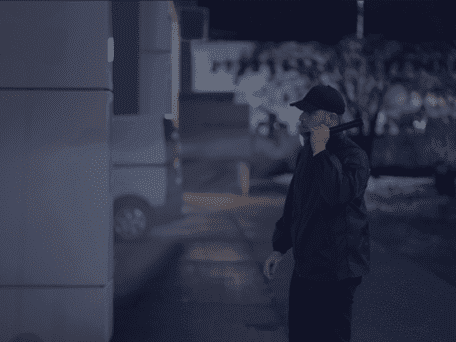
“Two current affairs stories in the UK media at the moment heighten the need to take extra precautions for unoccupied commercial properties,” said Alderson. “Next week, the UK hosts the G8 Summit, and whilst the protestors will target banks and other city institutions, they may also encourage wider squatting activity; and since the laws changed last year to criminalise the squatting of residential properties, we can expect more vacant commercial properties to be targeted.”
“Secondly, there have been a growing number of reports on the impact of the changes to housing benefits, known as the bedroom tax, introduced in April,” continues Simon. “This is likely to put a lot of pressure on some tenants who cannot find the extra income required or move to smaller accommodation.”
Yesterday morning (11th June) saw hundreds of riot police descending on a squat in Soho, Central London, as protestors planned their activities for the G8 summit. An estimated 10,000 protestors are expected in Northern Ireland, where the Summit takes place, but protests are likely to be seen in major cities throughout the UK as well.
The BSIA’s newly formed Vacant Property Protection Group, a sub-group of the BSIA’s Physical Security Equipment Section, is currently working on a detailed guide on best practice to helping secure vacant properties, but in the meantime, Simon Alderson summarises six key actions that owners can take to help protect their vacant properties.
Top 6 Tips to prevent squatting:
- When a property becomes vacant, act quickly to protect it. A risk assessment will detail the requirement for a particular site.
- Ensure the vacant buildings and their perimeters are properly secured and alarmed – the security options are numerous, from cameras through to security shutters, specialist remote alarms or guards.
- Turn off all utilities, drain down internal water tanks and boilers and use specialist locks to secure utility taps.
- Check on the premises regularly, at least every week – or more frequently during times of heightened alerts – to see if there are any signs of attempted squatting. This is particularly important as there are time limits in implementing an Interim Possession Order, a potentially fast track method to freeing a property from squatters.
- Remove any articles of value internally and externally, if possible, and clear combustible materials on or by the site – 60 fires a day occur in or by vacant properties, so clearing such items not only reduces the risk but can help comply with the terms of insurance.
- In terms of insurance – check if you are covered for intrusions and the subsequent costs possible from damage, cleaning and legal fees.
More Information:


























